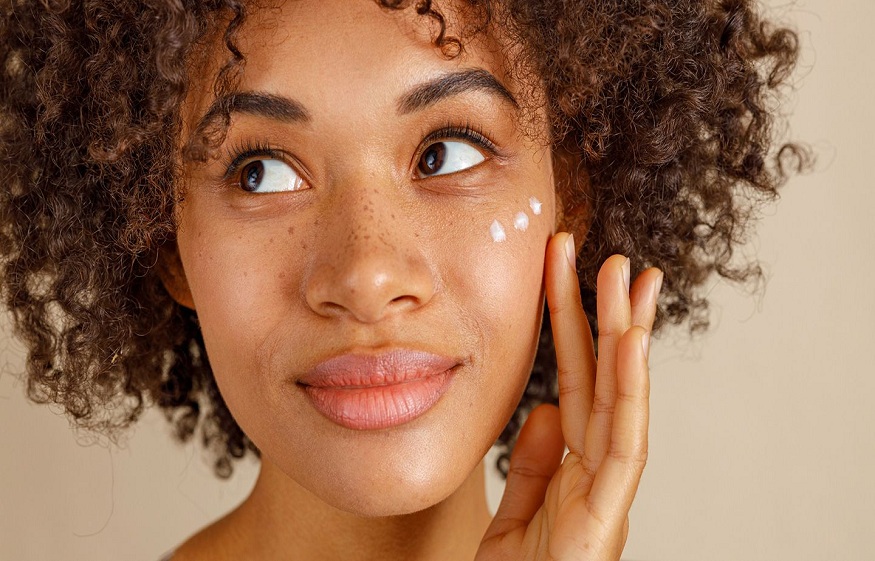
If you’re concerned by dark patches on your skin caused by hyperpigmentation, one thing is certain: there are more alternatives for removing that stubborn pigmentation than ever before.
What is hyperpigmentation, exactly? It is any spot of skin that appears darker than your natural skin tone because of an excess of the brown pigment melanin. Hyperpigmentation is visible in liver spots (also known as age spots) and sunspots.
Several dark-spot correctors are available now, but preventing them is just as important. The scientifically established steps listed below can help you in that regard.
Keep Your Skin Moisturised
While the primary purpose of treating hyperpigmentation is to reduce the dark spots, an excellent over-the-counter (OTC) moisturiser should also include chemicals that improve the skin in other ways. For example, a good product will feature moisturising ingredients like glycerin or hyaluronic acid, and retinol, to stimulate cell turnover and treat pigment concerns. These inactive chemicals help the active brighteners operate better.
A good moisturiser can also assist in repairing the skin’s lipid, or fat, barrier, allowing new skin cells to rise to the surface and replace old ones while keeping them healthy.
Stop Touching Your Skin
Keep your hands away from bug bites, blackheads, and other injuries.
Remember your mother’s advice: “Don’t pick!”. Even though it can be tempting to scratch a mosquito bite or crush a persistent blackhead, do follow that advice. Scratching or picking at an area will only aggravate the irritation that causes skin discolouration. The more you fiddle with it now, it will only worsen your appearance later.
OTC Whitening Products
The earlier you treat hyperpigmentation, the simpler it is to remove. This is because dark pigments might penetrate deeper into the skin with time.
Treatments comprising vitamin C, licorice root, and kojic acid aid in the reduction of hyperpigmentation. It works to block tyrosinase, an enzyme responsible for the synthesis of skin-darkening melanin.
While several of these OTC substances have “bleaching” effects on dark areas, using liquid bleach on your skin is strongly discouraged.
Protect Your Skin from the Sun
The most effective way to prevent sun-induced discoloration is to use a broad-spectrum sunscreen with an SPF of 30 or higher every day, even on cloudy or cool days. UV rays stimulate the pigment, making dark areas darker. Therefore, it is highly advisable to use sunscreen every day.
SPF solely pertains to UVB short-wave radiation protection. Choose a product that contains Mexoryl, titanium dioxide, zinc oxide, or avobenzone to protect against UVA long-wave rays.
Inquire with a Dermatologist About High-Tech Options
If topical treatments aren’t working, talk to your dermatologist about more aggressive treatments for discolouration. This includes chemical peels, microdermabrasion, dermabrasion, or a laser resurfacing procedure. For example, pico laser treatments have been found to aid in the reduction of pigmentation in the skin.

